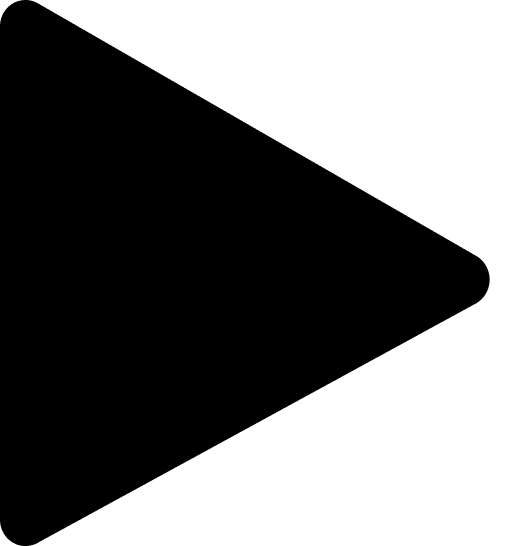Michael Cooke has held senior EHS positions in various industries ranging from pharmaceuticals and chemicals to inks and coatings and engineering. In these roles he has led businesses to world-class performance against industry peers and the top centile when benchmarked against all industries.
Michael has also held senior positions outside of EHS – as business director for a pharma division and Strategy, Mergers and Acquisition director for EMEA/Asia regions.
Currently, Michael is the Vice President of Social and Environmental Responsibility for Jabil, based in Zurich, heading EHS and Sustainability globally. In this role, he balances various functional activities, from site and people, social responsibility and human rights, HSE, health and wellbeing — linking this to a clear and effective sustainability strategy creating business value.
Michael earned his BSc (Joint Hons) in Chemistry and MSc in Environmental and Pollution Control from the University of Manchester and his MBA from Henley Management College.
Michael Joins Sustainable Nation to Discuss:
- The history of sustainability at Jabil
- How to engage employees with sustainability goals across a large number of sites and employees
- Jabil’s strategy to achieving reduction in emissions without purchasing carbon credits: reduce, produce, procure
- The challenges to achieving scope 3 emissions reductions a large number of suppliers
- The importance and incorporation of health and wellness into Jabil’s strategy
- Advice and recommendations for sustainability professionals
Michael’s Final Five Questions Responses:
What is one piece of advice you would give to sustainability professionals that might help them in their careers?
Make it real. If it's window dressing or something like that, you will very soon lose traction within the employees or your other stakeholders. So make it real. Understand what your stakeholders want. Not that you can always do things for all of the stakeholders, but you can prioritize the ones where you can do that. By doing that, look to create some real value, both in terms of the companies that you work for, but also in the communities and the people in and outside of the business which will also be impacted by what you do.
What are you most excited about right now in the world of sustainability?
You might find this actually a bit strange; greenwashing, or the fact that greenwashing is now being looked at more closely. Right now, as I said earlier, we really are doing things in a way that is having a positive impact. We want to continue doing that. It is also important that people who make big announcements about things but aren't really delivering anything are called out. You see in the SEC in the USA that's already happened. There has been some falling out in terms of greenwashing. I also think that the way that legislation is changing in the EU, the European Union Corporate Sustainability Reporting Director, for instance, and link to the taxonomy, means that you can't make claims as easily as you could do before without actually backing them up better. For me that's a really good thing.
What is one book you would recommend sustainability leaders read?
This is something actually when I was doing my master's degree I was referred to and read and that is Small is Beautiful. It's a book by E. F. Schumacher. He entitled it Small is Beautiful: Economics as if People Mattered. I love that part because if people matter in what we do, then we generally respect the social dimension of things and the environmental and the financial aspects of what we do. Within that book, he talks about the use of natural resources and how we actually value those things, along with how people contribute negatively or positively to those things. What reminded me a bit of it was, I was actually at a conference on putting people into sustainability in London last week. What I thought was quite an interesting point: on the balance sheet, a robot is seen as an asset, but on the balance sheet, a person or people are seen as costs. That seems a bit strange that people are seen as a negative and a robot is seen as a positive. Looking at how we put people into sustainability discussion is a very important thing. And hence, I like that book.
What are some of your favorite resources or tools that really help you in your work?
There's lots on the internet that you can use, but I get most of my inspiration from other companies and other people and listening to what they're doing. I think networking and that respect is probably the most beneficial way of actually being challenged and seeing how we can do things better.
Where can our listeners go to learn more about you and the work being done at Jabil?
The best thing is to go to our sustainability pages on our website. You'll see we have some great resources there. We've got some blocks from my team and other members on circular economy, on how to create a strategy for carbon reduction. We really would like some feedback on that and to see if other people are finding the same challenges, and also, I think our solutions may be helpful.


 Play
Play
